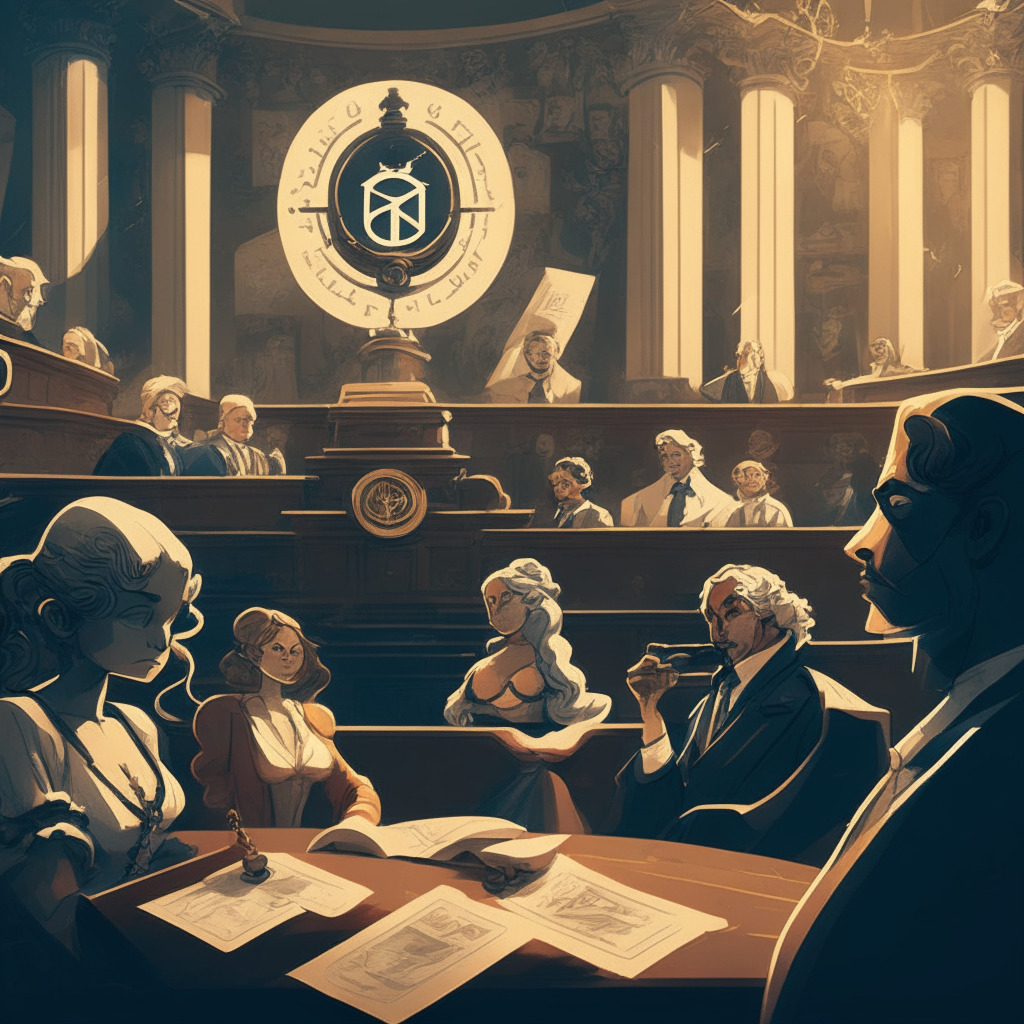In a world where our digital identities become increasingly important, one project has made striking progress amidst unresolved controversy. Worldcoin, a blockchain-based venture, recently reported the sign up of over 9500 users in Argentina in just one day. Essentially, the blockchain project uses the irises of user’s eyes to confirm they are indeed human, in just less than nine seconds on average. This authenticity verification assigns users a “World ID” and promises to help combat the rising issue of AI programs skillfully mimicking human interaction.
Worldcoin, launched by Sam Altman, co-founder of OpenAI, suggests that this kind of human identification will become critical as AI develops further, becoming virtually indistinguishable from humans. Nevertheless, the project was met with considerable criticism from data privacy advocates almost immediately after its launch on July 25. Detractors argue a centralized system like this leaves user biometric data vulnerable to leaks and hackers, leading to accidental revelations and negative impacts for users.
Ignoring the controversy, the Worldcoin team reported that Argentinians and people worldwide continue to sign up for World ID, with 9500 single-day sign-ups in Argentina. The surge in sign ups made the Worldcoin app the number one app in Argentina’s App Store, albeit briefly.
Worldcoin incentivizes users with its native coin, WLD, currently offering a signup bonus of 25 WLD, equating to 10,239.48 Argentine Pesos, or about $29.25. Intriguingly, this amount could buy two meals from a “basic lunchtime menu” in Argentina’s business districts, according to Expatistan’s cost-of-living data.
Arguing compliance of all biometric data collection and data transfer regulations, the project responds to criticism that it’s highly centralized and could leak precious bio-information. The Argentinian government has initiated an investigation of Worldcoin’s privacy practices on this note, and the Worldcoin has been suspended in Kenya as well. But irrespective of these indices, Worldcoin insists it has been compliant with all the privacy rules.
Arguably, the Worldcoin case presents an interesting paradox we encounter when examining technology, particularly decentralized ones like blockchain. On one hand, the verification of digital identities is a significant leap forward in ensuring legitimacy and secure transactions. On the other hand, the potential compromise of personal data and privacy concerns are simply too critical to ignore. Vindicating entrepreneurs and skeptics, Worldcoin has generated yet another fascinating insight into our intricate relationship with blockchain and technology at large.
Source: Cointelegraph




